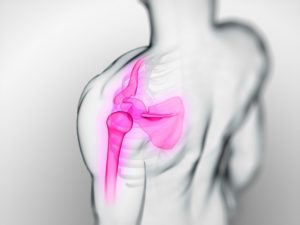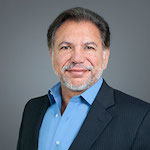Adult Stem Cell Therapy & Platelet Rich Plasma
Nonsurgical Treatments for Shoulder Arthritis
 Arthritis of the shoulder can form in a number of different ways, and each causes extensive pain and discomfort. Fortunately, there are nonsurgical treatment methods available for two of the major types of arthritis that generally affect the shoulder: osteoarthritis and posttraumatic arthritis.
Arthritis of the shoulder can form in a number of different ways, and each causes extensive pain and discomfort. Fortunately, there are nonsurgical treatment methods available for two of the major types of arthritis that generally affect the shoulder: osteoarthritis and posttraumatic arthritis.
Types and Symptoms of Shoulder Arthritis
Since the shoulder consists of two joints, shoulder arthritis can only be properly diagnosed and treated when the impacted joint is identified. Osteoarthritis, the “wear and tear” type of arthritis, is most common where the collarbone meets the tip of the shoulder bone. This degenerative condition mainly affects patients over 50 years of age as the joint’s cartilage breaks down and stops protecting the bones. Posttraumatic arthritis, develops after an injury.
Every type of shoulder arthritis presents itself with pain that is aggravated by activity and becomes worse with time. While osteoarthritis is mainly felt in the front of the shoulder, posttraumatic arthritis can also be experienced with pain in the back of the shoulder. Shoulder arthritis also minimizes range of motion and makes sleeping increasingly difficult.
Treating Shoulder Arthritis Without Surgery
Surgery is a common solution for shoulder arthritis, but there are recommended non-surgical alternatives that have the potential to alleviate arthritis without the risks involved in surgery. Basic non-surgical treatments include physical therapy, NSAIDs, and ice to ease inflammation. Other dietary supplements like glucosamine and chondroitin sulfate are also known to minimize inflammation.
Dr. Bennett of Bennett Orthopedics and Sportsmedicine in Sarasota, Florida also offers an advanced and highly effective non-surgical arthritis treatment known as platelet-rich plasma. PRP simply harnesses the powerful healing capabilities of your own blood platelets, growth factors, and stem cells to generate as much as 85 percent improvement in the joint. By accelerating and enhancing the body’s natural healing processes, PRP makes it possible to minimize and even reverse symptoms of arthritis.






